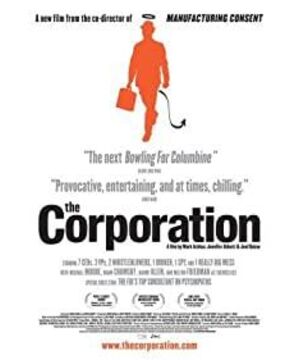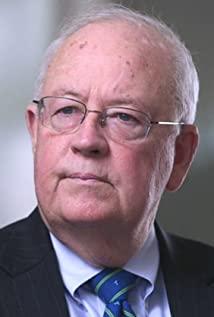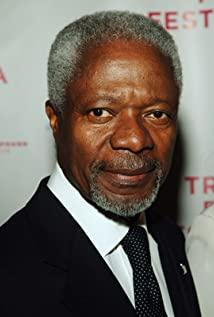Citizens of Cochabamba demanded that Brecht, one of the foreign-invested companies, return the water system to the public. However, Bolivian President Banze defended the company. Banzer ruled Bolivia dictatorship from 1971 to 1978, denying all civil rights, including gatherings of more than four people and severely restricting freedom of the press.
Local radio stations were either shut down or taken over by the military. Journalists were arrested. Police raided the house and arrested twenty protesters.
Members of the interim government have a bad reputation.
Farmers cut off food supplies and transportation to the city. Angry citizens armed with rocks and sticks gathered in the city center to confront the military and police.
The smoke of tear gas shrouded Cochabamba, mobilizing large numbers of troops to clear road traffic in the five provinces.
Cochabamba has placed itself at the forefront of the battle against the globalization of water sources.
Brecht fled Bolivia. The Water and Life Guardian Alliance led by the forty-five-year-old mechanic Olivara drove away Brecht. The people rose up against banzer and martial law. (I am willing to fight with them! Tell the world the news from a corner of the Andes. In less than an hour, Brecht was revealed, from an invisible hand behind the scenes to everyone chasing street rat!)
emails from Mexico, UK, Canada, Iceland, India, Pakistan, Egypt, Nepal, Australia and the US. Forcing the monster company to respond. The announcement made by its public relations department in Bolivian newspaper headlines led the government to formally declare that Brecht would not be returning here. Brecht's company had revenues of $12.6 billion in 1988.
The role of the World Bank
Dutch journalists press World Bank president to comment on events in Bolivia. He said that attributing public services to the state would inevitably lead to waste, and a country like Bolivia should have an appropriate fee system. Privatizing Cochabamba's water system, the former Wall Street financier points out, is unquestionably aimed at the poor. For Wolfensohn, asking a household earning $100 to pay $20 for water is an appropriate charge. But the Cochabambas who flocked to the streets last week apparently didn't think so. The World Bank said it would not provide any subsidies for the increase in water tariffs in Cochabamba. While wealthy households around Washington spend as little as $17 a month, Cochabamba, the poorest South American country, pays more than that after privatization.
View more about The Corporation reviews











